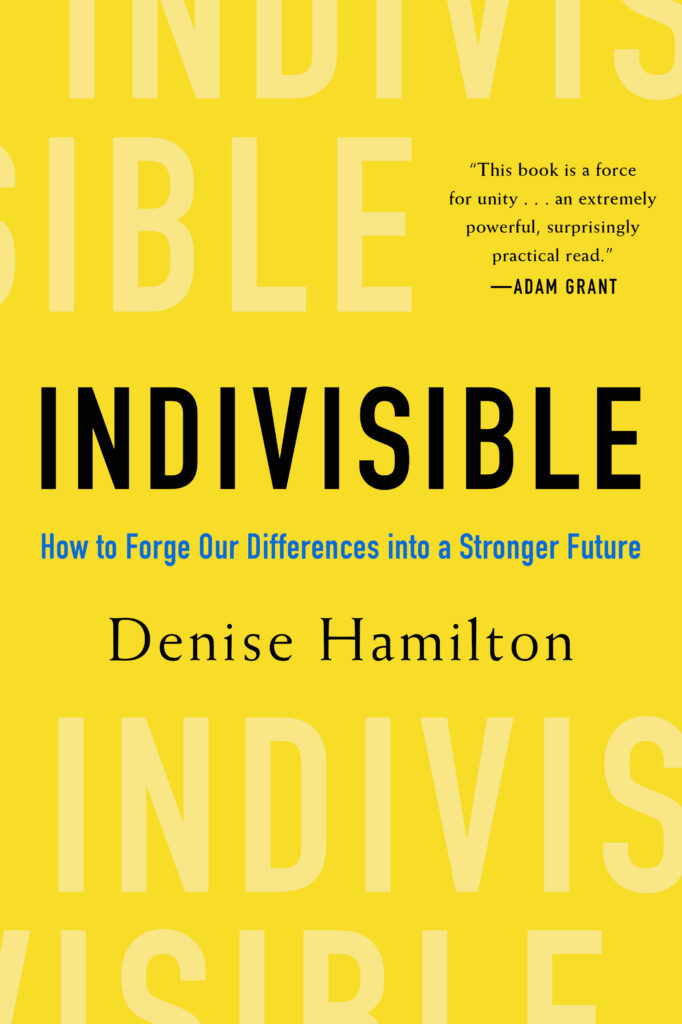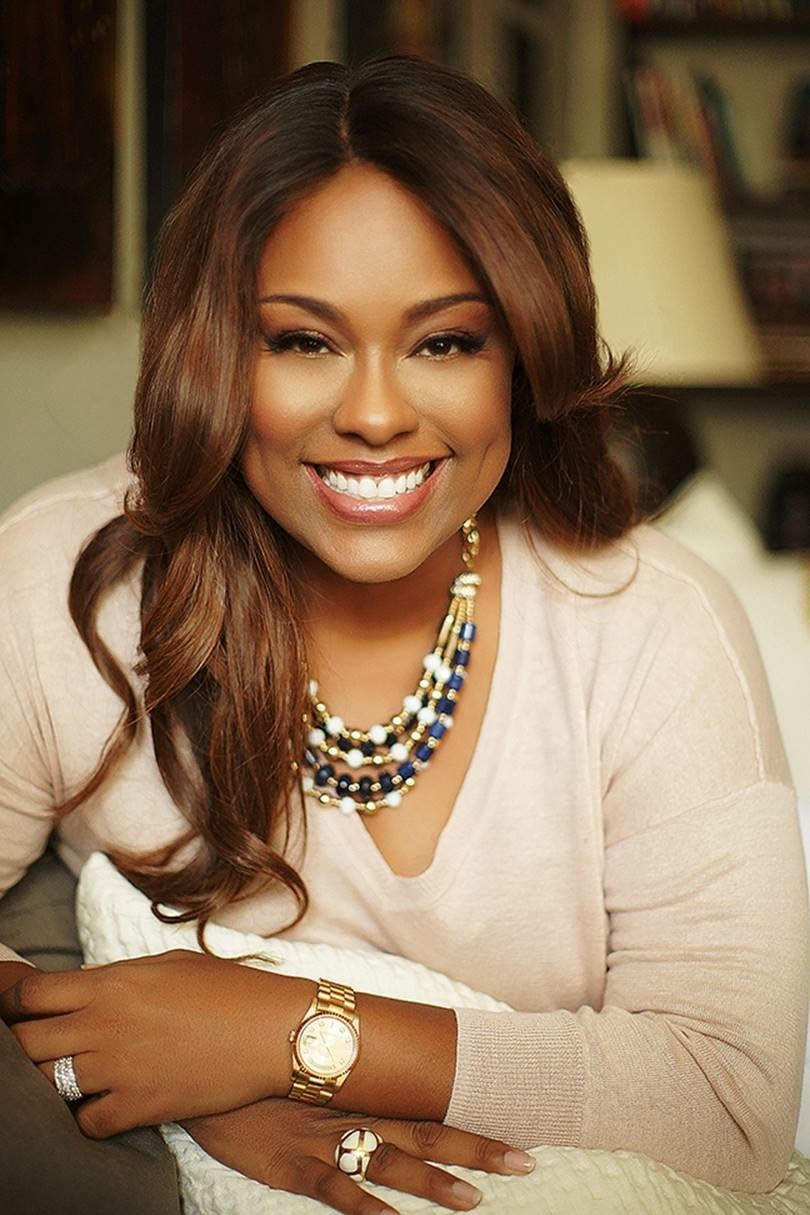We have outgrown the language of DEI. The very verbiage belies its finite utility. Diverse from whom? Equal to whom? Belonging where? It places one group at the center with all others working to gain access to that center and its spoils.
These tools—diversity, equity, inclusion, even patriotism—were always supposed to bring us to a higher version of ourselves. These terms have been and continue to be critically important concepts, but they are tools, not targets. They are the road. Not the destination.
As an inclusion strategist, my days are spent helping others unpack their preconceived notions and reimagining an inclusive world. I am a Black woman who emigrated from Jamaica as a small child, grew up in Brooklyn, New York, and attended predominantly Black schools, White Schools, and Asian schools. I’ve been an executive in some of the least diverse industries in the country—technology, commercial real estate, keynote professional speaking. Throughout my career, I’ve helped hundreds of companies, schools, nonprofits, and governmental groups identify and overcome organizational practices that prevent them from fully accessing and maximizing the gifts of all their members. All that I have seen, done, and navigated has developed musculature for dealing with and reconciling difference—and it’s quite literally my job. But at a certain point a revelation of the limitations of even my own sense of justice sobered me.
The world is now shouting out what I have become convinced of: That the goal of inclusion itself, while noble, is inadequate. Our current approach to diversity and inclusion centers some groups over others. We have settled for the paltry goal of selectively allowing admission to increase the size of the center.
The way we currently approach DEI celebrates and normalizes suboptimal performance. We need a bigger goal. We need to be indivisible.
To be indivisible is to move through the world with a deep understanding of the value, strength, and beauty of others. It goes beyond knowledge. It is a practice of bridging difference to activate the unique capabilities of others and of yourself.
We still haven’t learned how connected we are—and it’s thrown us into crisis, both individually and societally. We all have experienced incidents that separate us. That makes it hard to see, appreciate, and understand each other. Hurt and anger can be powerful barriers to connection.
Our lack of commitment to each other has damaged every sphere of life, from education to economic opportunity to our health and well-being. It’s clear that we’re in a moment of challenge. People are powerfully polarized and civil discourse across difference is rare and precious. The stories we’ve long told ourselves about the American Dream seem to be just that—fictions that do not align with our real lives.
If we could be Indivisible, we would see our interconnectedness. We would move beyond apathy or even sympathy for each other. We would empathetically make choices knowing that we rise or fall together.
Indivisible does not mean homogeneous. More accurately, it is the harmonized coordination of difference that creates a truly indestructible family, team, company, or country. Here are three of my prescriptions for an Indivisible America in 2024:
Replace inadequate Language (Pg 31)
We must aggressively pursue shared meaning. The rampant, hyperbolic bastardization of our current language in this space has rendered us almost incapable of having effective conversations. We must be aggressive seekers of the truth, the whole truth, even if it challenges our previously held stories. We must talk with each other, not at each other. And the temptation to make those who disagree with us our enemy must stop. We have to find a way to disagree without destruction.
Be an Owner Not a Renter (Pg 65)
We have devolved into a nation of extractors who see this legacy that we’ve been gifted only as a vehicle for their individual personal advancement. They not only fail to plant trees for the next generation, they aggressively seek to pluck up the trees we have now. We have lost our ability to see our interconnectedness. We sit in the back of the boat, comforted by the fact that the hole is only in the front of the boat. Meanwhile, we’re all sinking.
Pace Yourself (Pg 183)
This work is tiring. That fatigue threatens to rob us of our commitment and innovation. It is tempting to long for the days before you knew there was a problem. Instead of looking away, let’s come to the table with creativity about tactics and solutions, not negate the problem. If your goal is to get from 0 to 10, and you believe current DEI practices only take us from 0 to 3, it’s totally fine for you to suggest alternative ideas that would take us from 0 to 7. But it is wholly unacceptable to say “This is too hard, let’s go back to zero.” It is our generation’s turn to write the next chapter of the American story. It cannot be defined by regression and sloth. We must refuel our commitment, not abandon it. We are not more exhausted than the forefathers who left us this incredible inheritance. This is hard work, but we must believe it is hard work worth doing.
I have worked with all kinds of people: liberals and conservatives, people of faith and atheists, old and young, from the North and South. And I believe. I have seen people shift their mindsets and open up opportunities for others. I have seen people grow. It has fueled what some have called an inappropriate level of optimism, but I know that the only people who can change the world are the ones who think they can.
The optimism I speak about is not some Pollyanna toxic positivity. The critical ingredient of optimism is action. While positivity stands around saying, “I hope I catch the bus,” optimism starts running. To be truly Indivisible, we must consistently do the work over time, even when it gets hard, unpopular, or discouraging.
We have inherited a powerful, tragic, beautiful, flawed, magnificent story, and it is our generation’s turn to write the next chapter. We have everything we need to write it.



